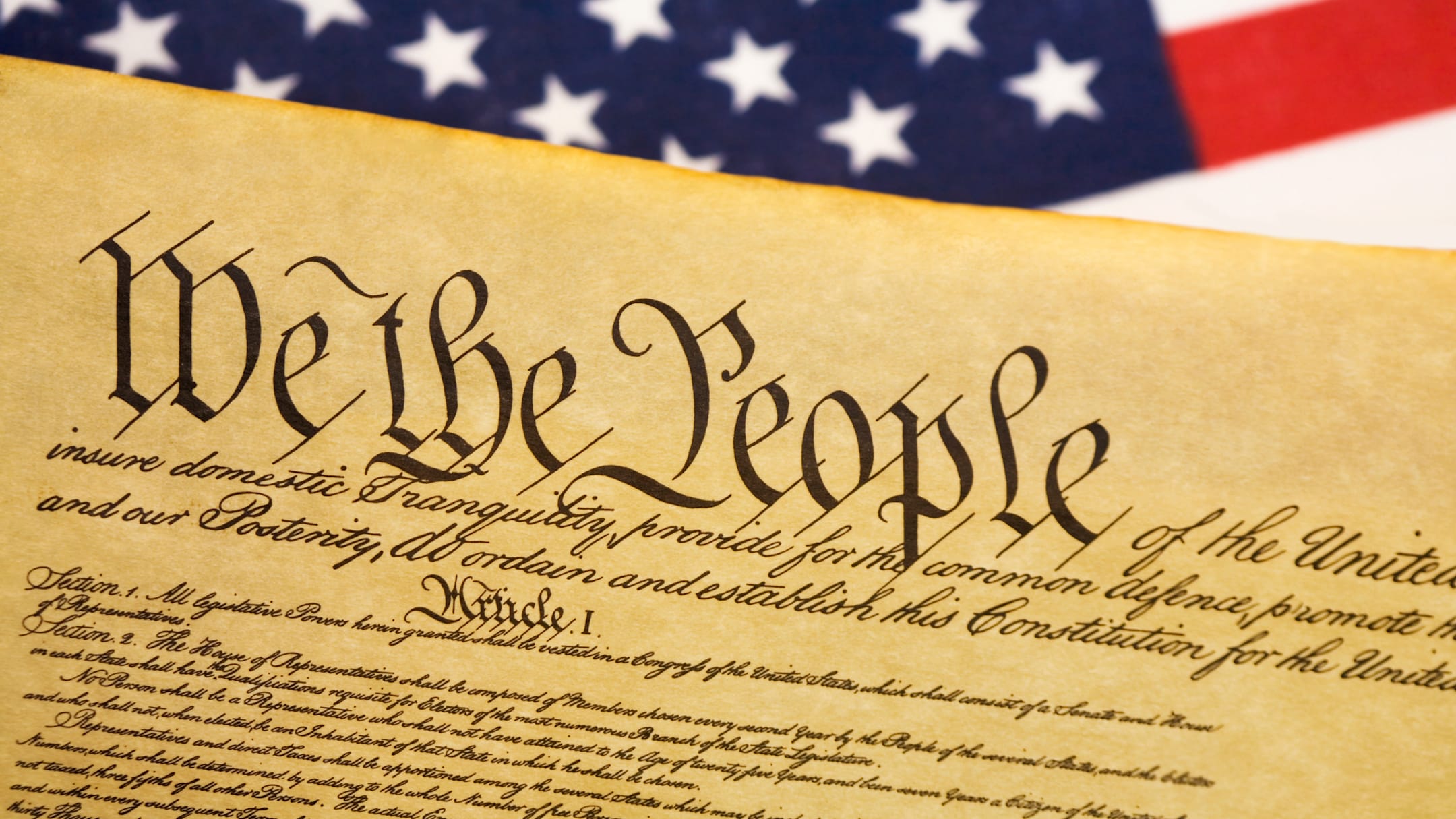The Last Visit
March 8, 1990 (Thursday)
Today, the plan was to go to the hospital one last time, partly for our last checkup, and also delivering the 6th discussion to Cho In-jae in Bed #2. Next week, he’d be discharged, and then baptized the week after that. Our first this year!
We went to the hospital and our checkup proceeded quickly. The doctor said we were just fine, and there was no more need for followups. Great news!
And then we headed to the stairs that led to Room 249, but we heard a commotion off to our left … in the general waiting room. Elder Benjamin said, “We’re ahead of schedule, so let’s check it out.”
A woman in her 50’s ran around amok, moaning and screaming many times, “Aigo (아이고),” the ultimate exclamation of grief and disbelief. She wore a hanbok (한복), the traditional garment worn at most major events. Hers was a red top sprinkled with yellow, and a wide blue skirt. Tears ran down her face, makeup smearing, and we had a hard time understanding what she was saying.
One by one, she ran up to individuals to get their attention, uttering what sounded like gibberish to us. We knew it was real words, but mostly slurred, and mostly outside of our missionary vocabulary. Something about her son who had just died — her only son who had no kids — end of a line, and so on.
The others watching seemed to share a mixture of empathy and uncomfortableness. Keep in mind that most of them were there to see their own loved ones, and she was indeed bordering on the crazy side, flailing her arms and grabbing some by their shoulders.
When she came to us, we had no idea what to say. I said meekly, “Sorry (죄송합니다),” not knowing if that was the appropriate form, as Koreans were very particular about using the right suffixes and words in every situation. But she didn’t seem fazed. She looked briefly into our eyes, and then moved on to the next person.
It was sad, though. I wondered: did this happen every day at the hospital? Was it normal to dress up and go crazy? It also helped me to realize the importance of using “Aigo” in a proper way. We missionaries said it a lot whenever we saw something crazy or unbelievable, and we were told often not to make light of that word.
After a few minutes, she ran off. Where to, we didn’t know. And every one else seemed to relax.
“Well, that was interesting,” said Elder Benjamin. “We’re going to have to tell In-jae about this. So, what do you say, tongbanja? Are you ready to teach the last discussion?”
“Let’s go.” We then went upstairs.
However, Bed #2 was completely empty. We asked Bed #1 where In-Jae was, and he answered, “He had an emergency operation. A bad infection caused him to get very sick. And then they came back to take away his stuff.”
“What?” I said. Surely he couldn’t be dead.
And then Elder Benjamin said, “Wait. Oh no, this is terrible. That old lady — now I know what she was saying. ‘In-jae.’ I thought it was a word I didn’t know, but it was his name!”
I said, “Oh yeah, I remember now. ‘In-jae.’ How did we miss that? That’s his mom? That’s impossible! He was about to be released.”
“Yes,” said Elder Benjamin. “He was going to be baptized. He was ready. Now he’s … gone?”
Then I noticed something in the trash can. “Look, a Mormon Gyeong.”
“Let me see.” Elder Benjamin opened the front cover. “Yep — it’s my handwriting and our number in there. This belonged to In-jae. Look — you can see how far he got.” He held the book loosely and sure enough, we saw a section of pages randomly spaced out on one side, while the rest of the book looked crisp. “Let’s see. He was in Alma. Good for him!”
“What is that?” asked the guy in Bed #1.
I answered, “A Mormon Gyeong. It belonged to In-jae. Would you like it?”
“Sure,” he said, grabbing the book eagerly. “It’s boring in here, and that looks interesting.”
“Great,” said Elder Benjamin. “If you have any questions, just call the number at the front of the book, and we’ll come back.”
“So,” asked Bed #1, “You are Jesus Church? What’s going to happen to In-jae now that he’s dead?”
“He is in the spirit world now,” said Elder Benjamin. “He can continue existing and learning. He could even be hear now watching us talk about him.”
The man looked around, a little spooked. “Cool. He can’t haunt us, though, can he?”
“No, why would he do that? I wouldn’t worry about him. He’ll be okay.”
And then we left the hospital. Outside, Elder Benjamin said, “That’s so sad.”
“Yes,” I said. “Why do the strangest things keep happening to our investigators? He died so young, and people cared about him. His life was going to turn around. And now he’s gone. It looks like we’re back to zero baptisms again. The Zone Leaders are not going to be happy with us.”
“Yes — it’s weird, but In-jae’s okay. He was just needed in heaven. Now that he’s been preparing himself, they were ready for him. He’s going to be put to work right away. He’s serving a special mission in heaven. I can feel it. It’s not about us or punishing us. It’s all part of God’s Plan. We helped to prepare him, and we should be happy. We helped to save his spirit, even though he didn’t get baptized. We have done well. He’ll be okay, and our work will continue.”




